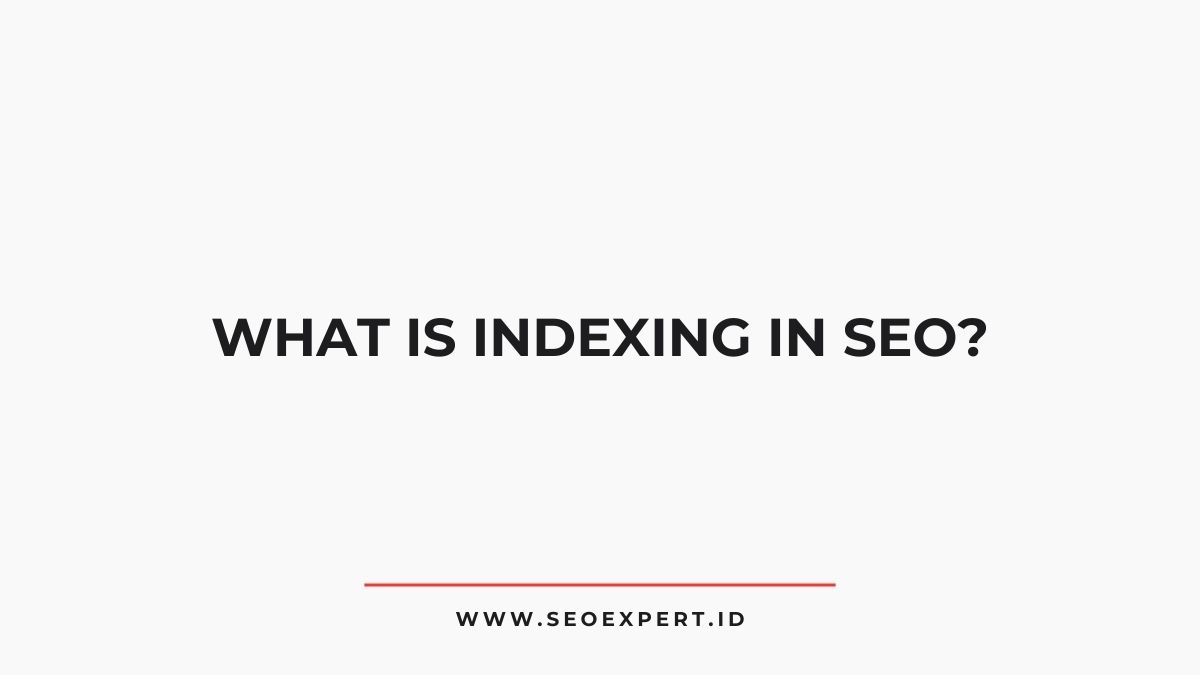Authority in SEO refers to a website’s perceived credibility and expertise within its niche as evaluated by search engines.
SiteGuru
Elevate and track your website's performance with a practical SEO action plan.
It encompasses domain authority, page authority, and topical authority measured through quality backlinks, content expertise, and technical optimization.
Search engines assess trustworthiness via E-E-A-T principles, technical implementation, and user engagement signals.
Websites with higher authority achieve better SERP visibility and organic traffic. The following sections explore each authority component in detail.
TL;DR
Hide- Authority in SEO represents a website's credibility and expertise within its niche, as evaluated by search engines.
- Authority exists at multiple levels: domain authority (entire website), page authority (individual URLs), and topical authority (subject expertise).
- Search engines measure authority through quality backlinks, content expertise, technical performance, and user engagement signals.
- High-authority websites receive preferential treatment in search rankings, appearing higher in search engine results pages.
- Building SEO authority requires creating expert content, acquiring quality backlinks, implementing technical best practices, and demonstrating E-E-A-T principles.
The Definition and Role of Authority in Search Engine Rankings
Authority, a fundamental concept in search engine optimization, represents a website’s perceived credibility and expertise within its niche.
Search engines utilize complex algorithms to evaluate authority through numerous ranking factors, including backlink quality, content relevance, user engagement metrics, and technical site performance.
Websites demonstrating high authority typically occupy superior positions in search engine results pages (SERPs), garnering greater visibility and organic traffic.
Authority operates on multiple levels—domain authority reflects the entire website’s strength, while page authority evaluates individual URLs. Additionally, topical authority assesses expertise within specific subject areas.
Building authority requires a systematic approach involving quality content creation, strategic backlink acquisition from reputable sources, technical optimization, and consistent user experience improvements.
Search engines prioritize authoritative results to protect users from low-quality or potentially harmful content, making authority a critical factor in establishing digital trust.
Domain Authority vs. Page Authority: Understanding the Difference
Having established the broader concept of authority in search rankings, we must now distinguish between its two primary manifestations in SEO metrics.
Domain Authority (DA) measures the overall strength of an entire website based on its backlink profile, age, size, and other factors. This metric predicts how likely a domain is to rank across all its pages.
Page Authority (PA), however, evaluates individual webpage strength independent of the domain. PA focuses on link metrics specific to a single URL.
While DA provides a macro perspective of site credibility, PA offers granular insight into specific content performance.
Search engines evaluate both simultaneously—strong domains may elevate weaker pages, while exceptional pages can rank despite lower domain metrics.
Understanding this distinction enables more precise diagnosis of ranking challenges and more targeted SEO strategy development.
How Google Evaluates Website Trustworthiness
Google evaluates website trustworthiness through a complex algorithm that examines technical trust signals such as SSL certificates, site speed, and mobile responsiveness.
Content expertise represents a critical factor, with Google’s systems evaluating author credentials, factual accuracy, and thorough coverage of topics relevant to the website’s niche.
The quality of inbound links remains fundamental to Google’s trust evaluation, with the algorithm weighing factors including the referring domain’s authority, topical relevance, and natural link acquisition patterns.
Technical Trust Signals
While algorithms constantly evolve, technical trust signals remain essential to how search engines evaluate website credibility. These signals include HTTPS implementation, proper SSL certification, and secure payment processing infrastructure that protect user data during transmission.
Website performance metrics such as page load speed, mobile responsiveness, and Core Web Essentials scores serve as quantifiable indicators of technical competence.
Search engines also scrutinize structural elements including proper robots.txt configuration, XML sitemaps, and canonical tags that prevent duplicate content issues.
Backend technical health—clean code architecture, minimal server errors, and properly implemented redirects—further demonstrates operational expertise.
Sites displaying these technical trust signals receive preferential treatment in rankings, as they align with search engines’ priority of directing users to secure, reliable information sources.
Expert Content Matters
Beyond technical infrastructure, search engines place significant emphasis on content expertise as a core trust determinant.
Google’s algorithms now effectively identify subject matter proficiency through semantic analysis, credential verification, and citation patterns within domain ecosystems.
Content demonstrating extensive topic coverage, advanced vocabulary usage, and accurate technical details receives preferential ranking treatment.
This expertise validation extends beyond mere keyword placement to include proper terminology implementation, logical structural hierarchy, and reference to established industry concepts.
Search engines also evaluate expert signaling through appropriate authorship attribution, professional credentials display, and integration with recognized knowledge graphs.
Sites featuring content from individuals with documented subject matter expertise typically benefit from enhanced visibility in competitive query spaces, particularly in YMYL (Your Money, Your Life) categories where information accuracy directly impacts user welfare.
Link Quality Assessment
Link quality assessment forms the cornerstone of Google’s website trustworthiness evaluation framework, encompassing both quantitative and qualitative dimensions of inbound link profiles.
Google’s algorithms scrutinize referring domains’ authority metrics, publication history, and topical relevance when determining link value.
The evaluation system prioritizes editorial links—those naturally earned through merit rather than manufactured through paid arrangements or manipulative tactics.
Link velocity patterns undergo algorithmic analysis to identify unnatural acquisition rates that may signal artificial manipulation. Similarly, anchor text distribution receives scrutiny, with natural variation preferred over keyword-stuffed patterns.
Google’s sophisticated assessment extends to examining link neighborhood characteristics, penalizing associations with low-quality networks.
The Link Graph—Google’s vast database of interconnections between websites—enables the algorithm to identify trust signals while filtering out potentially harmful or manipulative linking practices.
Building a Strong Backlink Profile to Establish Credibility
To establish authority in the SEO landscape, a robust backlink profile serves as the cornerstone of domain credibility. Quality backlinks from reputable sources function as algorithmic endorsements, signaling to search engines that a site warrants higher ranking consideration.
The strategic acquisition of relevant, high-authority links creates a network of trust indicators that compound over time.
For ideal backlink profile development, practitioners should implement:
- Diversification of link sources across industry-relevant domains, educational institutions, and established publications
- Natural anchor text distribution that avoids over-optimization while maintaining semantic relevance
- Consistent acquisition patterns that demonstrate organic growth rather than artificial link schemes
This methodical approach minimizes the risk of algorithmic penalties while maximizing authority signals, creating a sustainable foundation for long-term search visibility improvements.
Content Quality Signals That Boost Your Site’s Authority
While backlinks establish external validation, search engines increasingly evaluate a site’s inherent content quality as a primary authority metric.
Modern algorithms analyze multiple signals including thorough topic coverage, semantic relevance, and factual accuracy to determine content value.
Sites demonstrating expertise through depth of information, proper citations, and up-to-date statistics earn higher authority scores.
Key quality indicators include appropriate content length for the subject matter, structured data implementation, minimal grammatical errors, and low bounce rates.
Google’s E-E-A-T framework (Experience, Expertise, Authoritativeness, Trustworthiness) guides content evaluation, particularly for YMYL (Your Money Your Life) topics.
Sites employing verified authors with relevant credentials, maintaining consistent publication schedules, and providing unique insights rather than rephrasing existing content consistently outperform competitors in authority measures.
Technical SEO Factors That Influence Authority Metrics
Technical infrastructure serves as a crucial foundation for search authority beyond content quality and backlinks.
Search algorithms evaluate sites not only on informational value but also on their technical implementation, which directly impacts crawlability, indexation efficiency, and user experience metrics.
Three technical factors that greatly influence authority metrics:
- Page speed performance – Sites with optimized loading times receive preferential treatment in rankings, with Core Web Vitals serving as quantifiable benchmarks.
- Mobile responsiveness – Properly implemented responsive design accommodates various device types, signaling modern implementation standards.
- Secure connections – HTTPS implementation provides a security layer that protects user data and serves as a trust signal both to visitors and search algorithms.
These foundational technical elements create the framework upon which content quality and link signals can effectively build.
Measuring and Monitoring Your Website’s Authority Growth
Effective measurement of website authority requires systematic tracking through multiple complementary metrics rather than relying on a single proprietary score.
SEO professionals should establish baseline measurements and monitor changes at regular intervals, typically monthly or quarterly.
| Measurement Tool | Authority Indicators |
|---|---|
| Google Search Console | Impressions, CTR, position trends |
| Link analysis platforms | Referring domains, backlink quality |
| Ranking trackers | SERP position stability for target terms |
| Analytics platforms | Organic traffic growth patterns |
| Competitive analysis tools | Relative domain strength metrics |
When evaluating authority growth, practitioners should focus on trend direction rather than absolute values, as proprietary metrics use different calculation methodologies.
Authority measurement should incorporate both algorithmic signals (backlinks, technical health) and user behavior indicators (engagement metrics, branded search volume) to provide thorough assessment of domain trustworthiness and expertise recognition.
End Note
Authority remains a foundational pillar of effective SEO strategy, functioning as a quantifiable measure of a website’s credibility and ranking potential.
According to a 2022 SEMrush study, websites ranking in the top three positions for competitive keywords demonstrated 3.8 times more authoritative backlinks than those positioned beyond page one.
Continuous authority development through technical optimization, quality content production, and strategic link acquisition represents an essential investment for sustainable search visibility.








